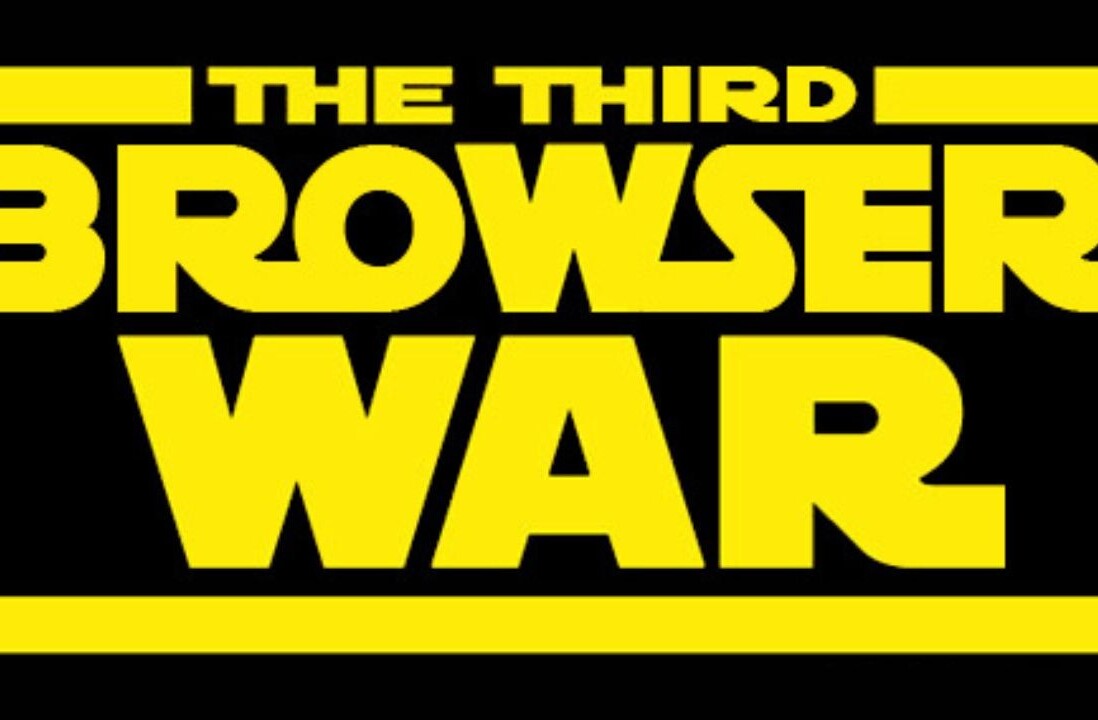
Russian voters who do not believe the 2024 presidential election was a just affair can now raise their voices via a blockchain-secured and encrypted referendum through the app Russia2024.
This year’s presidential elections in March saw tens of thousands of Russian nationals queue up to cast their ballot at embassies around the world. Outside of the embassy in The Hague, Netherlands, voters — many of whom carried protest banners — waited for hours in order to make their voices heard.
In theory. No one was surprised when Vladimir Putin again was announced the winner with 88% of the votes. Not necessarily from directly faking the outcome, but as a result of years of fear-mongering propaganda, voter surveillance, and elimination of any real opponents.
Now, those voters have been provided a different avenue to express their discontent with the seemingly immovable political status quo of their home country (and for blockchain technology to prove it has uses beyond crypto).
Russian opposition activist and former Pussy Riot lawyer Mark Fegyin launched the blockchain-based referendum to challenge the legitimacy of this year’s elections. It is now live on the new Russia2024 app. First launched in March, the application is built on the surveillance-free voting solution Freedom Tool from privacy software specialist RariLabs, based in Kyiv, Ukraine.
Surveillance-proof avenue for protest
Oppositional activism and political dissent in Russia are associated with persecution, imprisonment, and even death. As such, despite a desire to speak up, be that against the war in Ukraine or against the increasingly suffocating political climate inside the country, people stay silent as they — legitimately — fear for their lives.
Fear of surveillance also makes it highly unlikely that voting and polling results are representative of actual sentiments.
“Dissent in Russia is growing more risky and public opinion harder to track,” said Russia2024’s originator Mark Feygin. “It is critical that we provide reliable, surveillance-proof avenues for protest and polling. Russia2024 and its underlying technology has enabled that.”
RariLab’s Rarimo division built Freedom Tool to help give people living under authoritarian rule a voice. It uses blockchain and zero-knowledge cryptography technology to ensure authorities cannot track those using the platform, despite it having verified their eligibility to vote. It is open source and license-free, available for anyone to download.
Lasha Antadze, co-founder of Rarimo provider RariLabs, said its implementation in Russia constituted an early example of how blockchain and zero-knowledge cryptography can meet the urgent need around the world for privacy technology.
Using the app, voters scan their biometric passports with their phones, proving citizenship and eligibility. They then receive an anonymous voting pass for polls and protest elections. The app then publishes votes directly onto the blockchain where they are tamper-proof.
Zero-knowledge cryptography enables one party to prove to another party that they possess certain information, without revealing any information apart from the fact that they know it.
The spark that faded
Mark Feygin is the former lawyer of the feminist punk group Pussy Riot, whose members stormed Moscow’s Christ the Saviour Cathedral and performed their anti-Putin “punk prayer” in February 2012.
A judge subsequently slapped them with two-year prison sentences for “hooliganism.” (One of their spokespeople recently received an eight-year prison sentence for posting about the war in Ukraine on social media.)
At the same time, over 100,000 people braved the -18°C blisteringly icy winds of the Russian capital to express their indignation at what they perceived as the fraudulent and unfair election cycle that was about to orchestrate the reinstatement of Vladimir Putin as President, following a four-year stand-in from Dmitry Medvedev.
The atmosphere was one of outrage mixed with hope, as the chant “Russia without Putin” echoed through the streets. I know, because I was there.
The feeling was that finally, this could be it — enough was enough. There was an attitude of disregard, as if people had seen through the sham and were sick of their rulers patronising and blatantly lying to them. Alas, as we have come to see, it was not to be.
Slowly suffocating dissenting voices
Crude though they may be, the methods of oppression and politics of fear deployed by Russia’s ruling elite have proved effective in killing not only the individuals spearheading what could have been a momentous wave of change, but also the belief that said change is even possible.
Unfortunately, propaganda claiming that Putin is the only one who can keep the country from falling into the same state of disarray and despair it experienced in the 1990s has been incredibly successful.
It has managed to convince people that they are now well off, when really they have only been fed scraps from the riches that unscrupulous leaders and their cronies have hogged for themselves.
To delve deeper into the psychological processes that have laid the foundation for this falls beyond the scope of this article. But in brief, Russia’s authoritarian leaders have historically profited from a collective cognitive framework which states that people exist to serve those in power, and not the other way around.
The Kremlin strikes back — with fake reviews
Work of the kind that lies behind an app like Russia2024 is certainly not without its perils, as the recent death of Alexei Navalny so painfully illustrates.
Thus far, the Kremlin has only resorted to obstruct the app by filing against it, which saw it temporarily removed from the Apple store. Moscow then attempted to sink the app’s rating by paying for negative reviews, a strategy exposed by a whistleblower.
Initiatives where individuals can trust that their privacy is safe and that the authorities will not come after them for expressing their opinion are crucial in a country where using the wrong word on Facebook can land you a 15-year stint in prison. If this is what someone wants to use blockchain for, I say mine away.
Get the TNW newsletter
Get the most important tech news in your inbox each week.




